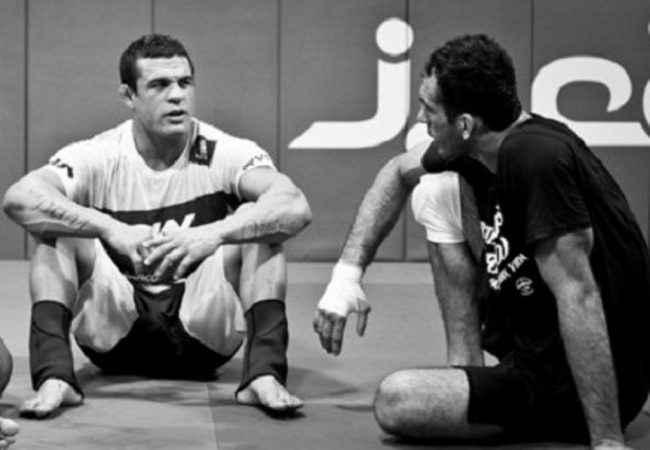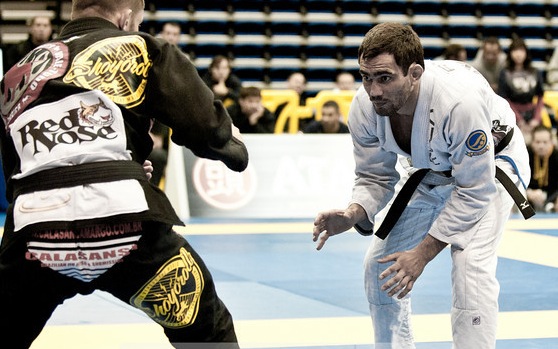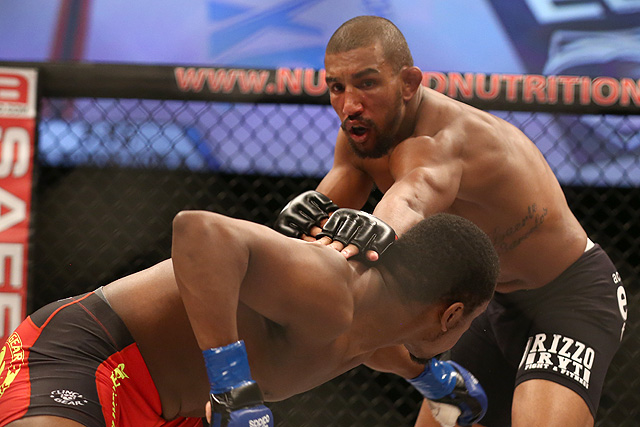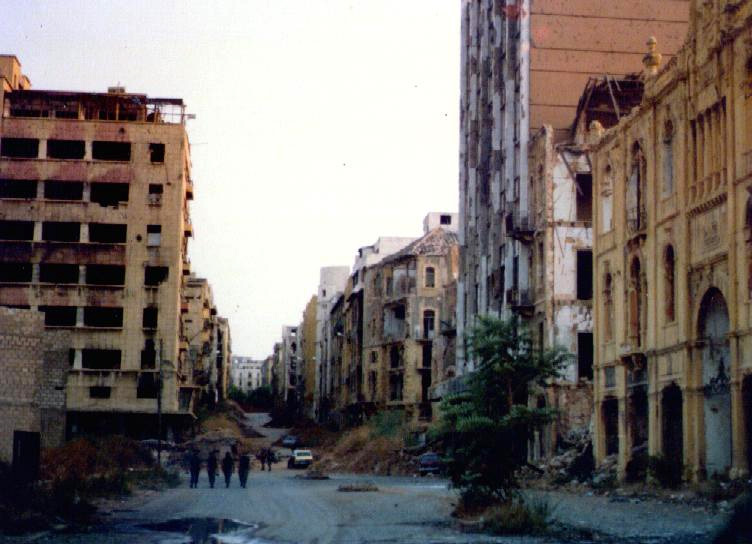
Beirut in 1982. Photo: James Case/Publicity.
The Lebanese capital of Beirut portrays the rest of the country well. Rich and poor, liberal and conservative, all smiling spontaneously. Indeed, it’s a place not unlike Brazil. Being so much like Brazil, it’s not hard to imagine how well this city could receive the gentle art. That’s what brought us here.
The exportation of Jiu-Jitsu and proliferation of adept practitioners is something going on at all corners of the planet. Fighters cross borders and provide access to the famed “Jiu-Jitsu lifestyle” to thousands of people.
Making the most of the charming cafes of the bohemian neighborhood Hamra, I had time to reflect on the picturesque places I’ve gotten to know through Jiu-Jitsu. One day you’re in Peking, the next week in Las Vegas. You live in Abu Dhabi, and go have a training session in Dubai. You teach a seminar in Cairo, and stop in at an academy in Europe.
However, yesterday I visited one of the most miserable places I’ve been to in my 37 years of life. In the company of Tareq Saleh, BBC Brazil correspondent in the Middle East, I went to see the Palestinian refugee camps of Sabra and Chatila.
I headed to that “popular” location thinking of how implanting Jiu-Jitsu in Lebanon could be a way of helping refugee children through a social-benefit project. Something like a number of black belts do – and successfully – in impoverished communities in Rio de Janeiro, for instance.
I must confess I felt lost. I was dumbfounded by what I saw and heard, reports too horrifying even to mention here. I felt like I’d gotten tangled in Rafael Mendes’s 50/50 guard, you either stall or get swept. I just kept my mouth shut, unwilling to have two points scored on me.
As we were nearing the camp’s exit, my friend Tareq decided to buy coal for his Hookah, and we stopped by a little stall at the fair adjacent to the main road. A 12-year-old boy attended to us. He was covered head to toe in soot, but with a patch of white skin showing through and Harry Potter-style glasses shielding his bright blue eyes. We bought the kilo of coal on the cheap, but the little refugee was adamant he would not accept keeping the change: “It’s a fair price,” he said.
Fair price! To contribute to children like this one having access to our beloved Jiu-Jitsu, to seek out alternatives so that social-benefit endeavors may come to pass in needy regions, to support our worthy teacher colleagues who are teaching persons deprived of property on a daily basis. That is a fair price to pay for all Jiu-Jitsu has given us in life.
I left Sabra and Chatila tapped out. Nevertheless, as with any training session you leave defeated, you go back to training hard and seeking solutions so that you may evolve. And you go about trying to sweep, pass guard and get the finish. In Beirut and the rest of the world, we’ll carry on in the battle to tapout indifference.
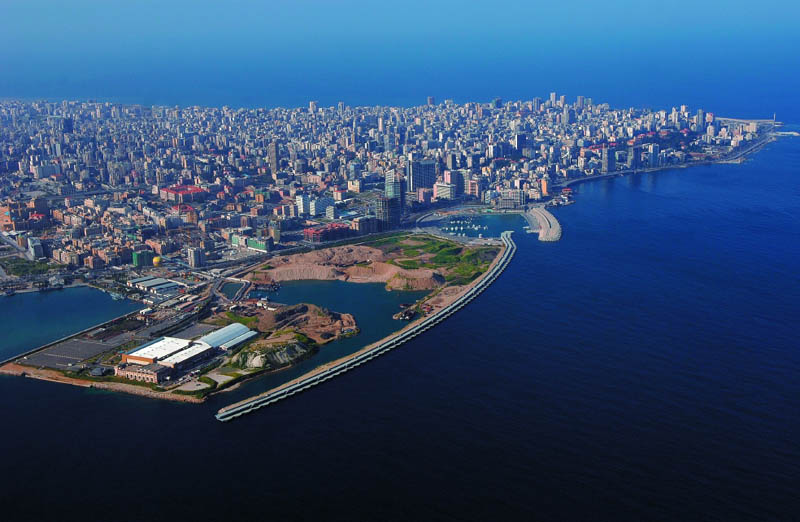
Aerial view of Beirut. Photo: Publicity

